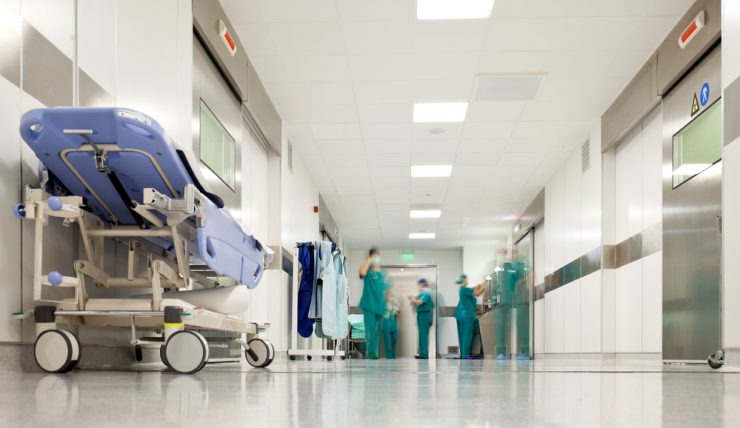The thin membrane lining that surrounds the organs of the intestine and covers the intestinal tract is known as the peritoneum. An inflammation of the peritoneum is known as peritonitis. This membrane is very sensitive to infection and sterile. It is a very serious infection and can affect people of any age group. It commonly affects men.
Symptoms of peritonitis
The symptoms of peritonitis appear very quickly and some of them are listed below
-severe pain throughout the whole abdomen or in a specific part of the abdomen
-abdomen feels really hard
-tenderness in the abdomen
-nausea and vomiting
-shoulder pain
– dizziness and weakness
– low blood pressure
– a rapid heartbeat
– chills and fever with a temperature of 38.0°C (100.5° F) or higher
One must consult the GP immediately if peritonitis is suspected and the above symptoms are noticed.
Causes of peritonitis
A tear to a part of the intestine causes the contents to escape and get into the peritoneum and resulting in its infection. This is the main cause of peritonitis. Blood, partly digested food, digestive fluids and faeces can cause inflammation in the peritoneum. Some of the most common causes of peritonitis are a gastric, peptic or duodenal ulcer and perforation of an inflamed appendix. A knife or bullet wound, inflamed pouches in the intestine and a burst appendix can also cause peritonitis. Pelvic inflammatory disease, a ruptured ovarian cyst, an ectopic pregnancy rupture and an infected fallopian tube can cause peritonitis in women. A bowel or abdominal surgery may also result in peritonitis .This happens in rare cases when there is a leakage during the operation. A complication of peritoneal dialysis that is used for treatment of kidney disease may cause peritonitis. A chronic liver disease may cause spontaneous bacterial peritonitis.
Treatment
If a person is detected with peritonitis he must be hospitalised. Initially the patient is given fluids through a drip into the vein. This is done to control dehydration and shock. An early treatment if not given to the patient may cause complications to arise and it can be fatal in some cases. A surgery might be done to repair the internal tearing of the area infected and to drain the peritoneal cavity. A combination of antibiotics is given during this time to fight the infection. After the diagnosis or surgery is over, painkillers are given for relief. An early diagnosis and treatment can easily cure peritonitis.The result of cure depends on the age, period of illness, the cause of infection and any pre existing condition like peptic ulcer. The patient needs to take care and rest after then treatment or surgery till all the symptoms disappear. No food and drinks should be taken while recovery because the intestine needs rest till the infection gets better. Till the time the patent recovers, he or she is fed intravenously.
Complications
Some complications that may develop if peritonitis is not treated early are
-It may block the bowel
– Fluid from the bloodstream can leak and gather in the abdominal cavity
-Severe dehydration
– Loss of fluid circulating around the body may also cause shock












